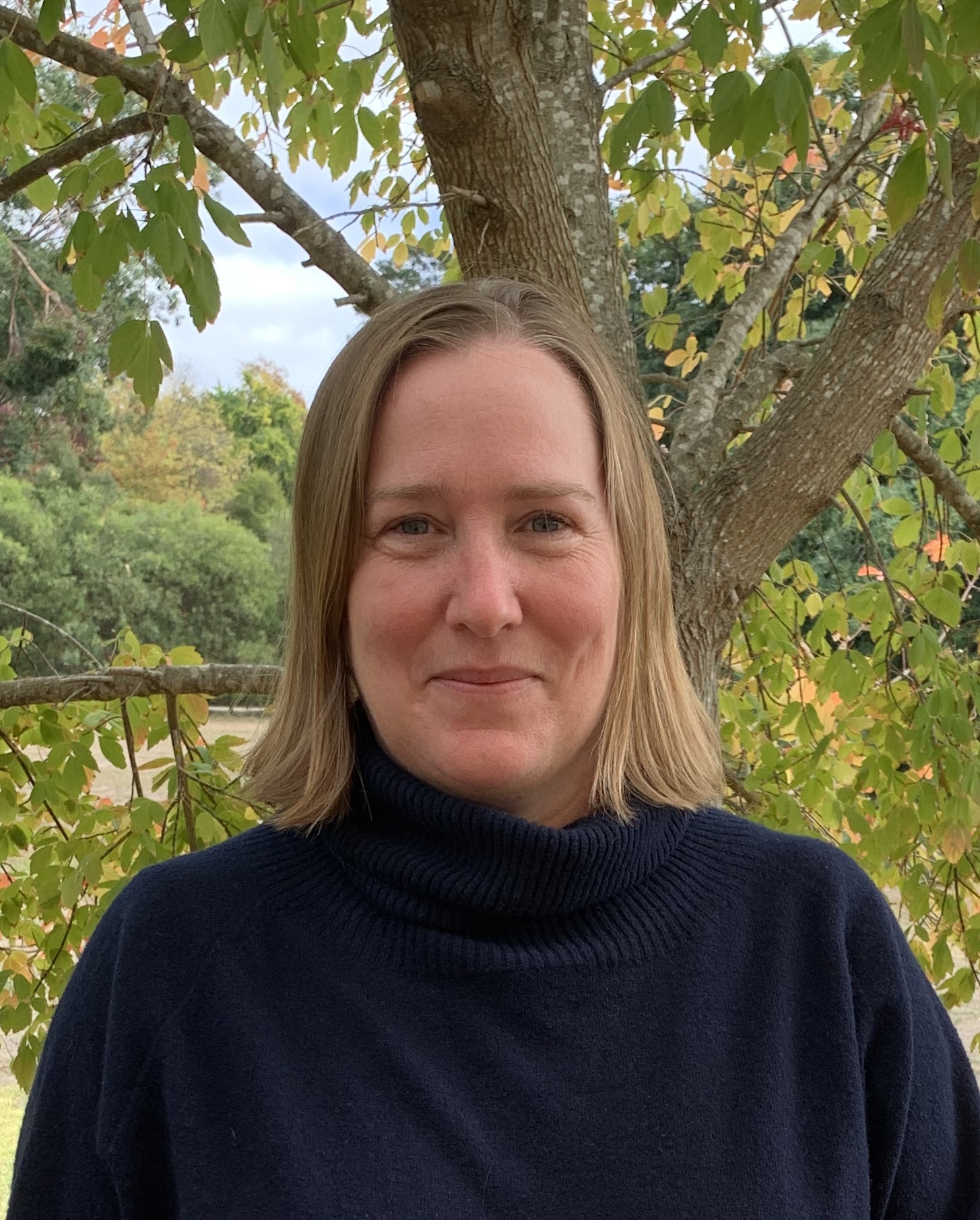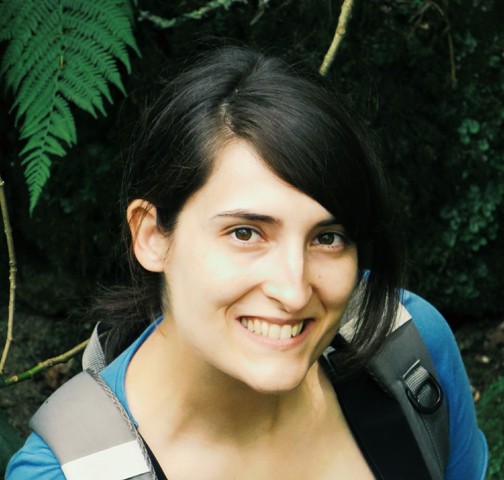GROUPE DE COMMISSION DE L'UICN
Groupe de spécialistes des champignons aquatiques de la CSE de l'UICN

Vue d'ensemble et description
- Description:
-
Les champignons aquatiques constituent un groupe polyphylétique lié par leurs caractéristiques écologiques (croissance et reproduction principalement dans les eaux marines ou douces) plutôt que par la ...
Leadership de groupe
Dr Sally FRYAR
Co-Chair
Sally's main research interests are the ecology, evolution, systematics, and conservation of microfungi. She completed a PhD at Flinders University in 1997 on the taxonomy and ecology of wood…
Dr Isabel FERNANDES
Co-Chair
I am a freshwater ecologist particularly fond of aquatic fungi. I want to understand how global changes can determine microbial communities diversity and activity and how that impacts freshwater…
En bref
Nom officiel :
Groupe de spécialistes des champignons aquatiques de la CSE de l'UICN
Commissions associées :


